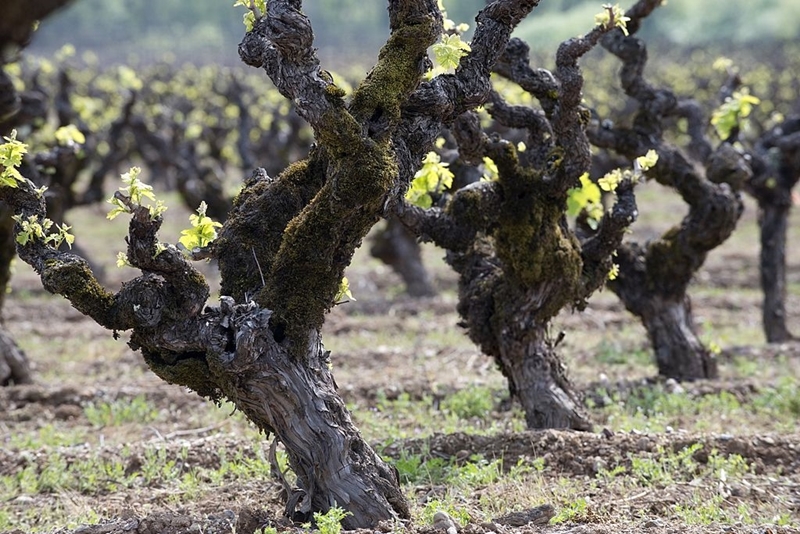Ancient grape varieties could save wine from climate change
University of Haifa scientists study ancient vines and practices
2025-01-24

Ancient grape varieties that thrived for centuries in Israel's Negev Desert could hold the key to securing the future of wine production in the face of climate change, according to researchers from the University of Haifa. These scientists are not only studying the ancient vines themselves but also the agronomic practices that supported their survival in such harsh conditions.
Grapevines are highly sensitive to climatic variations. They require consistent sunlight for sugar maturation, adequate water for acidity development, and prolonged sun exposure to enhance tannins, which contribute to the flavor and texture of wine. Even minor disruptions can adversely affect quality and yield. With some of the most concerning predictions about global temperature increases looming, many wine regions may need to fundamentally rethink their production strategies.
The researchers, part of the University of Haifa's School of Archaeology and Maritime Cultures, have successfully revived several ancient grape cultivars historically cultivated in the arid Negev Desert. These varieties demonstrated remarkable adaptability to the desert's extreme conditions. By studying the techniques used by early winemakers, the team aims to develop strategies that could benefit wine regions across the Mediterranean.
"Our findings indicate that reviving and integrating historic cultivars, alongside the agronomic methods that supported their growth, can significantly enhance vineyard resilience in the face of climate change," said Professor Joshua Schmidt, who leads the study. The team hopes their research will inspire broader adoption of these ancient practices to protect the global wine industry from the challenges posed by a warming climate.
Founded in 2007, Vinetur® is a registered trademark of VGSC S.L. with a long history in the wine industry.
VGSC, S.L. with VAT number B70255591 is a spanish company legally registered in the Commercial Register of the city of Santiago de Compostela, with registration number: Bulletin 181, Reference 356049 in Volume 13, Page 107, Section 6, Sheet 45028, Entry 2.
Email: [email protected]
Headquarters and offices located in Vilagarcia de Arousa, Spain.